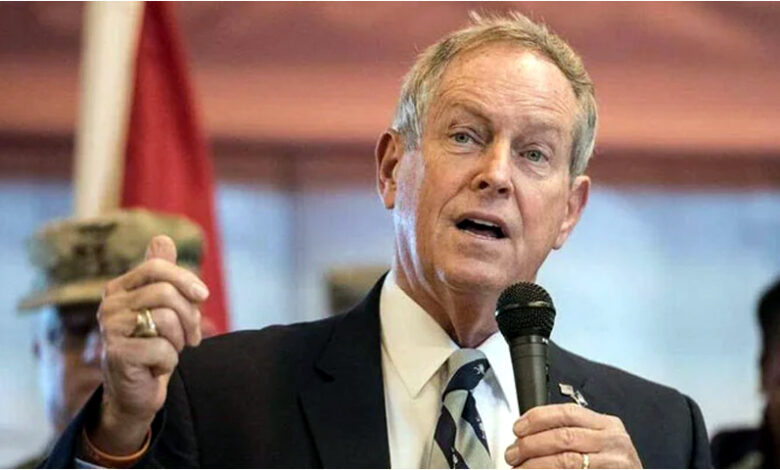Diplomacy, at its core, is built on mutual respect and non-interference—principles enshrined in the Vienna Convention on Diplomatic Relations. Yet, history has shown that these principles are often discarded when power politics take precedence.
The Pakistan Democracy Act, proposed by U.S. Congressman Joe Wilson, is a blatant example of this selective adherence to international law, presenting itself as a noble initiative while concealing its true intent: exerting political and economic pressure on an independent nation.
This act, masquerading as a tool for democratic accountability, is nothing short of a coercive attempt to dictate another nation’s internal affairs. It sets a dangerous precedent, not just for Pakistan but for all sovereign states resisting external influence. The Vienna Convention explicitly prohibits unwarranted intervention in a nation’s political and administrative processes.
Yet, Wilson’s proposal seeks to override this fundamental diplomatic norm, imposing external scrutiny on a country’s leadership without any legitimate authority. The underlying message is clear—nations that do not align with Washington’s geopolitical interests will be subjected to diplomatic coercion under the guise of democratic reform.
One must ask: Would the U.S. ever tolerate such interference in its own affairs? Would it allow a foreign body to dictate its military appointments, judicial decisions, or political transitions? The answer is a resounding no. In fact, the mere suggestion of such foreign meddling would be met with outrage and resistance from both political leadership and the general public.
Yet, when it comes to countries that refuse to bend the knee, different rules apply. The very principles of sovereignty and self-determination that the U.S. claims to champion are conveniently ignored when dealing with nations that challenge its hegemony.
Pakistan, like any other democratic nation, has its own mechanisms for governance, reform, and justice. No country is immune to challenges, but it is the responsibility of its own people to shape its political future. The selective outrage embedded in Wilson’s proposal ignores the fact that true democracy is built from within, not enforced through external diktats.
History has repeatedly demonstrated that foreign-imposed political changes rarely lead to stability. Instead, they often result in prolonged instability, resentment, and in many cases, violent resistance against foreign-imposed governance.
Such legislation, wrapped in the garb of human rights advocacy, is nothing more than a political tool to exert pressure on independent states. It is designed to weaken the sovereignty of Pakistan and keep it entangled in diplomatic battles rather than focusing on its own internal progress.
The hypocrisy is evident—while Pakistan’s democratic processes are scrutinized and condemned, the political and human rights violations of U.S. allies in other regions are conveniently overlooked. The selective application of so-called democratic values exposes the real motivation behind such initiatives: control and influence rather than genuine concern for democracy.
The world has seen this playbook before—manufacture a crisis, amplify the narrative, then justify intervention in the name of democracy. The past few decades are rife with examples where similar tactics were used to destabilize countries under the pretext of promoting democratic values. Today, Pakistan is in the crosshairs, but the global community must recognize that if international laws continue to be disregarded for political agendas, no nation’s sovereignty will be safe tomorrow.
If such actions go unchallenged, any country that chooses an independent path will be at risk of diplomatic bullying, economic sanctions, or worse, military intervention.
Pakistan must remain steadfast in resisting such unwarranted interference. The government, media, and civil society must come together to expose and counter these coercive tactics, ensuring that the country’s democratic journey remains in the hands of its own people.
The global order should be built on fairness and mutual respect, not selective enforcement of international principles to serve the interests of a few powerful nations. The future of diplomacy must be rooted in genuine engagement, not intimidation disguised as advocacy.


